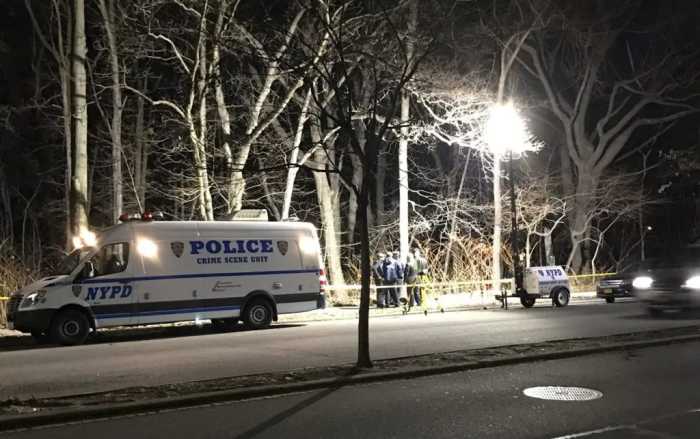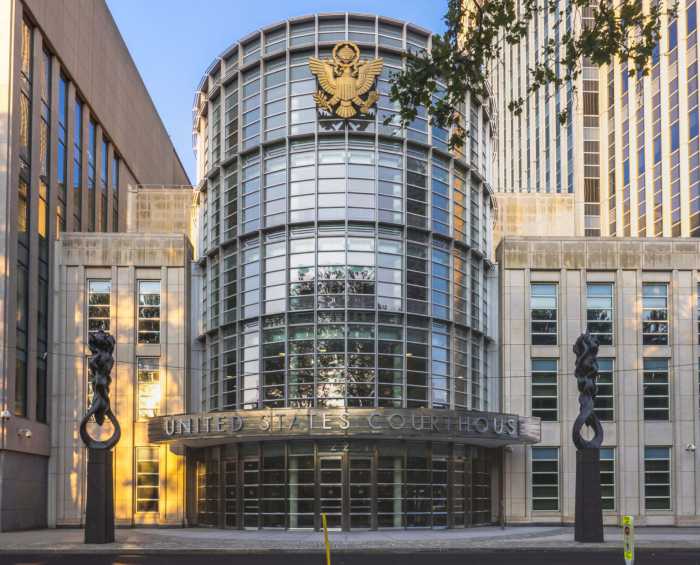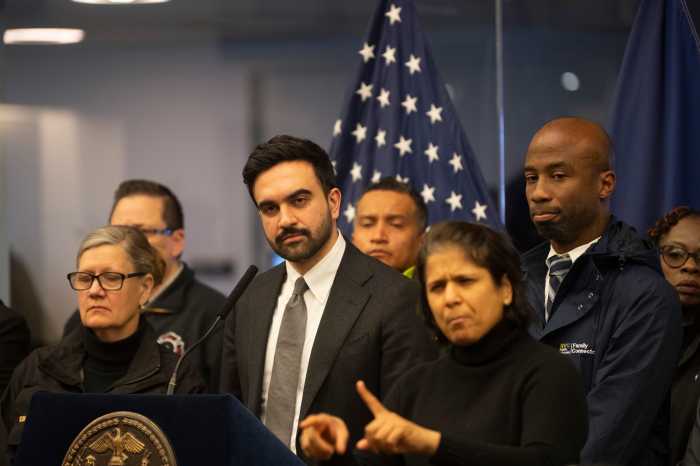A northeast Queens lawmaker wants the state to pass legislation in a continuing effort to bring transparency to communities with incoming homeless shelters.
Councilman Paul Vallone announced that he would be drafting a resolution calling on the state to pass a law requiring the disclosure of sex offenders housed in homeless shelters.
According to Vallone’s office, registered sex offenders must complete a “long list” of reporting and registration requirements before the community is made aware of their presence. The requirements are even more stringent for “level 3” sex offenders who are considered “high risk” of committing another sex crime.
Current state social services law restricts a social services agency from divulging that a sex offender is being housed in a “transient” or temporary homeless shelter like the one proposed for College Point.
“If the city brings a homeless shelter with over 200 transient men to any community, then those residents must be able to know if there is registered sex offender at that location. The proposed site in College Point, a result of profit hunting and failed policies, continues to show why it is a clear threat to the safety of over 3,000 students and the quality of life of the community at large. Whether you’re placing a registered sex offender in our communities for one year, or even one day, then we have a right to know,” Vallone said.
The state Assembly and Senate passed legislation in 2007 that would have closed loopholes for sex offenders to retain confidentiality when living in temporary shelters, but it was vetoed by then-Governor Eliot Spitzer who cited “privacy and implementation concerns.”
“This is not a privacy issue; it is a safety issue and there is no reason that sex offenders should be living within close proximity to a school,” Vallone said. “The state must expand restrictions on sex offenders living within a few blocks of schools.”
Since the College Point community was informed about the shelter back in October, many have argued that the location at 127-03 20th Ave. is too close to five area schools that 3,000 of the neighborhood’s children attend.
“Allowing sex offenders to be homed in the shelter system without any notification to a community is completely unsafe, irresponsible and unacceptable,” said Jennifer Shannon, Queens Chair of the Five Boro Coalition. “The proposed all-male, 200+ bed transitional shelter scheduled to open in College Point would be located in the middle of five schools, one of the schools being an all-girl Catholic high school. The furthest school is five blocks away and the closest is two blocks away. This could place approximately 3,000 children in harm’s way. Where is the representation for these children and the College Point community?”
On Feb. 8, concerned citizens and civic organizations formed the Five Boro Coalition, which includes representatives from the Bronx, Queens, Brooklyn, Manhattan and Staten Island. The coalition’s purpose is to fight the 90 homeless shelters the city plans to open over the next five years.
“The Five Boro Coalition has created a 10-point plan that will help end the current shelter system,” Shannon said. “Sex offenders being allowed to hide in the shelter system is one of the points being extensively covered. The Five Boro Coalition has been pushing for transparency of sex offenders being hidden in the shelter system. This must not continue!”




































